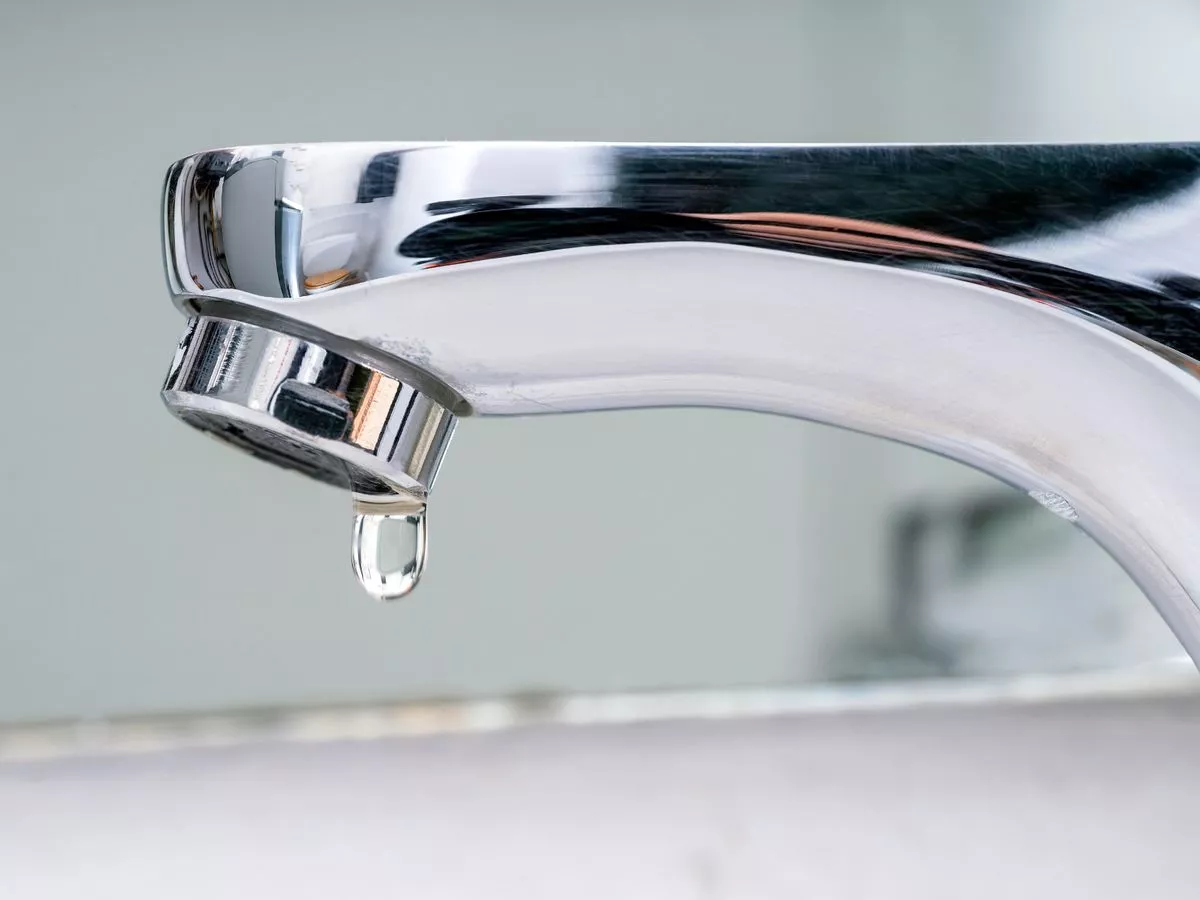Copyright mirror

Water bills are once again on the rise. Water companies argue that they need to improve infrastructure which is costly, but this means the cost falls to their customers. Ofwat recently agreed that five water companies in England – Anglian, South East, Northumbrian, Southern, and Wessex – can increase their prices up to 5% more than the previously-capped 36% rise. But there are things you can do to save money on water bills . There are lots of gadgets you can install in your home to reduce your water use. These range from shower timers to prevent running water for too long, to tap attachments that aerate and increase water pressure to reduce the amount you need. While you can buy all kinds of water-saving gadgets, check out which ones you can claim for free. Most households in the UK will be able to claim a range of items from cistern blocks to shower timers. You may also be able to claim a discount on a water butt. Save Water Save Money is a national scheme, and it’s not means-tested. Complete the questionnaire in a few minutes, and you’ll be taken to the correct scheme for your region to finish claiming free water-saving gadgets that suit your household. With running water so easily accessible for most, we’ve got into habits of just running the tap when we need water. But you could save several litres a day if you stop and think, first. For example, if you have a bath (or put the plug in while you shower), you can use that water for your garden plants. Or, if you are a hot water bottle lover as the chilly nights draw in, don’t tip it down the sink – use for your indoor plants, or simply boil the same water to use again. Don’t ever drink it, though! Try to multi-task water wherever you can. Extreme examples include taking a bucket in to fill up while you shower and using that to flush the toilet, but you don’t have to go that far. Water costs around £4 a cubic metre, give or take depending on where you live. An average washing machine laundry cycle uses about 90 litres of water. If you use the washing machine five days a week, that’s about 1800 litres of water a week, or 93,600 litres a year. Cutting down by just one laundry load a week saves you 90 litres a week, or 4,680 litres a year, or 4.68 cubic metres. That saves about £19 a year, which might not sound much but if you do similar things you could knock over a hundred pounds off each year. For example, turn the tap off when you’re brushing your teeth, or use the dishwasher instead of handwashing, or use a shower timer to limit your running water time. You could save hundreds of pounds a year by installing a water meter. That’s because you pay for the water you actually use rather than by an estimate of your household size. It’s not uncommon to hear of people going from bills of £600+ per quarter to less than £100, all because they are being charged for their actual usage. Water meters aren’t reversible (with a few very restricted exceptions), and they don’t suit every household. For example, they are ideal for single people or couples, but not big families who could end up paying more than their standard bill. You also have a right to install a water meter in a rented property if your name is on the water bill. It’s polite to inform the landlord, but unless they have a significant reason for refusal, such as highly expensive works to repair work done to access pipes, they can’t refuse. If the water company refuses because it isn’t possible to put a meter in due to infrastructure, they must offer a cheaper tariff. This might be a single occupancy tariff or one based on an ‘assessed charge’. Finally, if you’re a low-income, high usage household because of a large family or because someone has a disability or certain diseases, you can claim for help with your bills via WaterSure . You need to either be on a water meter, be waiting for one to be installed, or be paying an assessed charge because a meter cannot be fitted at your property. The diseases and disabilities covered include things like Crohn’s disease, ulcerative colitis, stomas, incontinence, and certain skin diseases. Other conditions may be covered, so speak to your water company if you use more water due to a long-term illness or disability; water companies may require evidence from your doctor. A large household means one with three or more children under the age of 19 who permanently reside in the property and are in full-time education. Low income means you need to be receiving certain means-tested benefits , such as Universal Credit , Housing Benefit, or Pension Credit.



